
Picture from L-R: Dr. Mike Flannigan, Dr. Jill Harvey, Dr. Lauchlan Fraser
As climate change intensifies, the need to address the risks and threats from wildfires is urgent.
Thompson Rivers University (TRU) understands this urgency and, with two research chairs dedicated solely to wildfire science, has prioritized research in the field.
The university has growing expertise in wildfire - it's home to BC's first fire science research chair as funded by the province (the BC Innovation Chair in Predictive Services, Emergency Management and Fire Science), a Canada Research Chair in Fire Ecology and an NSERC Industrial Chair in Ecosystem Reclamation. Additionally, TRU's campuses in Kamloops and Williams Lake are located in the epicentre of wildfire response activity.
These world-renowned experts are leading research on various fire-related topics, including wildfire behaviour, landscape fire modelling and ecosystem changes resulting from wildfire. Their research is supported by undergraduate and graduate students at TRU.
Without question, TRU is advancing world-class wildfire research and is committed to wildfire science research that will make a difference in how we mitigate and adapt to the effects of future wildfire seasons.
Researchers:
Dr. Mike Flannigan, BC Innovation Research Chair in Predictive Services, Emergency Management and Fire Science
Dr. Jill Harvey, Canada Research Chair in Fire Ecology
Dr. Lauchlan Fraser, NSERC Industrial Research Chair in Ecosystem Reclamation
tru.ca/research/research-centres/wildfire-science.html



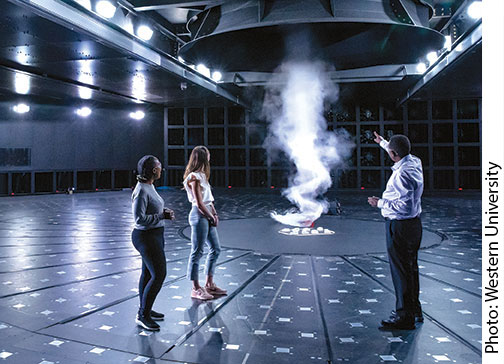 Girma Bitsuamlak, director, Western University's WindEEE Research Institute with graduate students during a tornado simulation.
Girma Bitsuamlak, director, Western University's WindEEE Research Institute with graduate students during a tornado simulation.
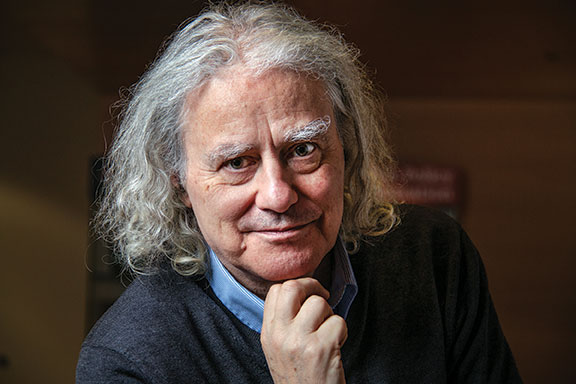 James Meadowcroft
James Meadowcroft

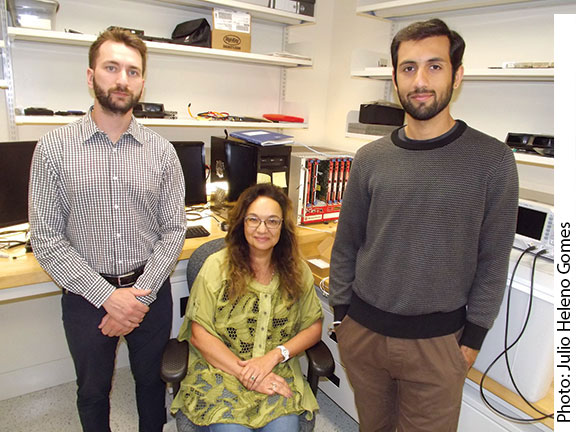 Dr. Alla Reznik
Dr. Alla Reznik
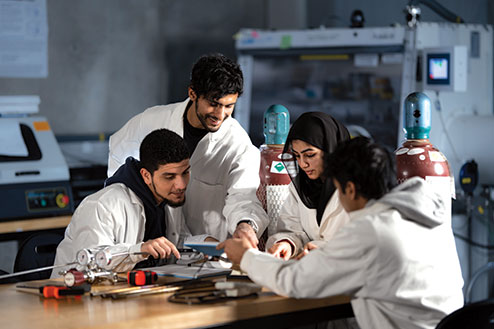
 Biotherapeutics Manufacturing Centre - The Ottawa Hospital.
Biotherapeutics Manufacturing Centre - The Ottawa Hospital.
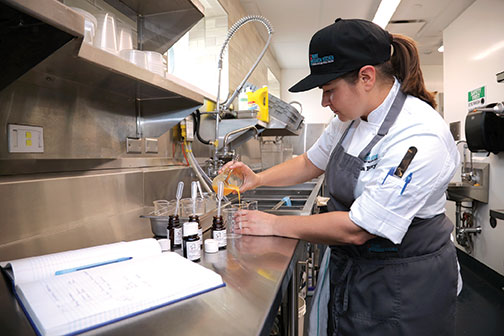

 Picture from L-R: Dr. Mike Flannigan, Dr. Jill Harvey, Dr. Lauchlan Fraser
Picture from L-R: Dr. Mike Flannigan, Dr. Jill Harvey, Dr. Lauchlan Fraser
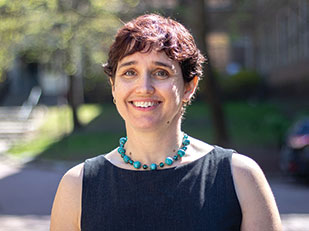 Dr. Jenn McArthur
Dr. Jenn McArthur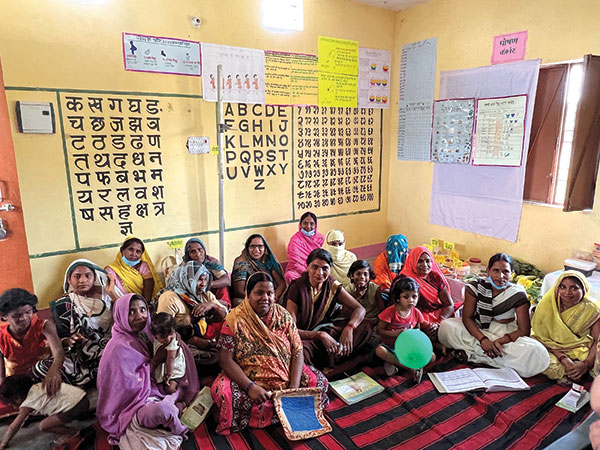

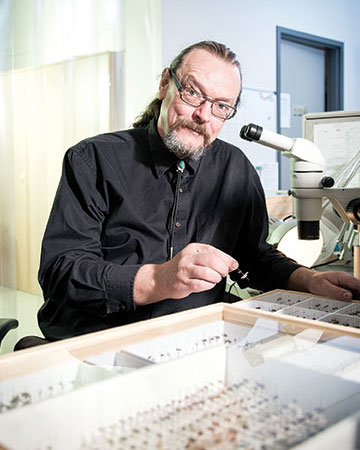 Bee expert Laurence Packer.
Bee expert Laurence Packer.
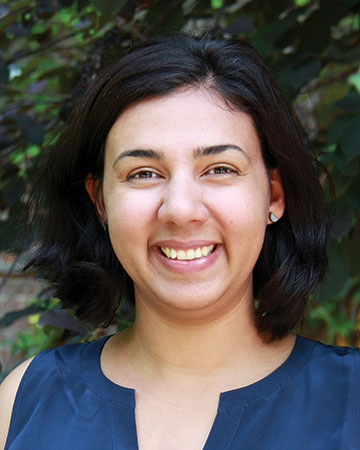 Conservation scientist Sheila Colla.
Conservation scientist Sheila Colla.